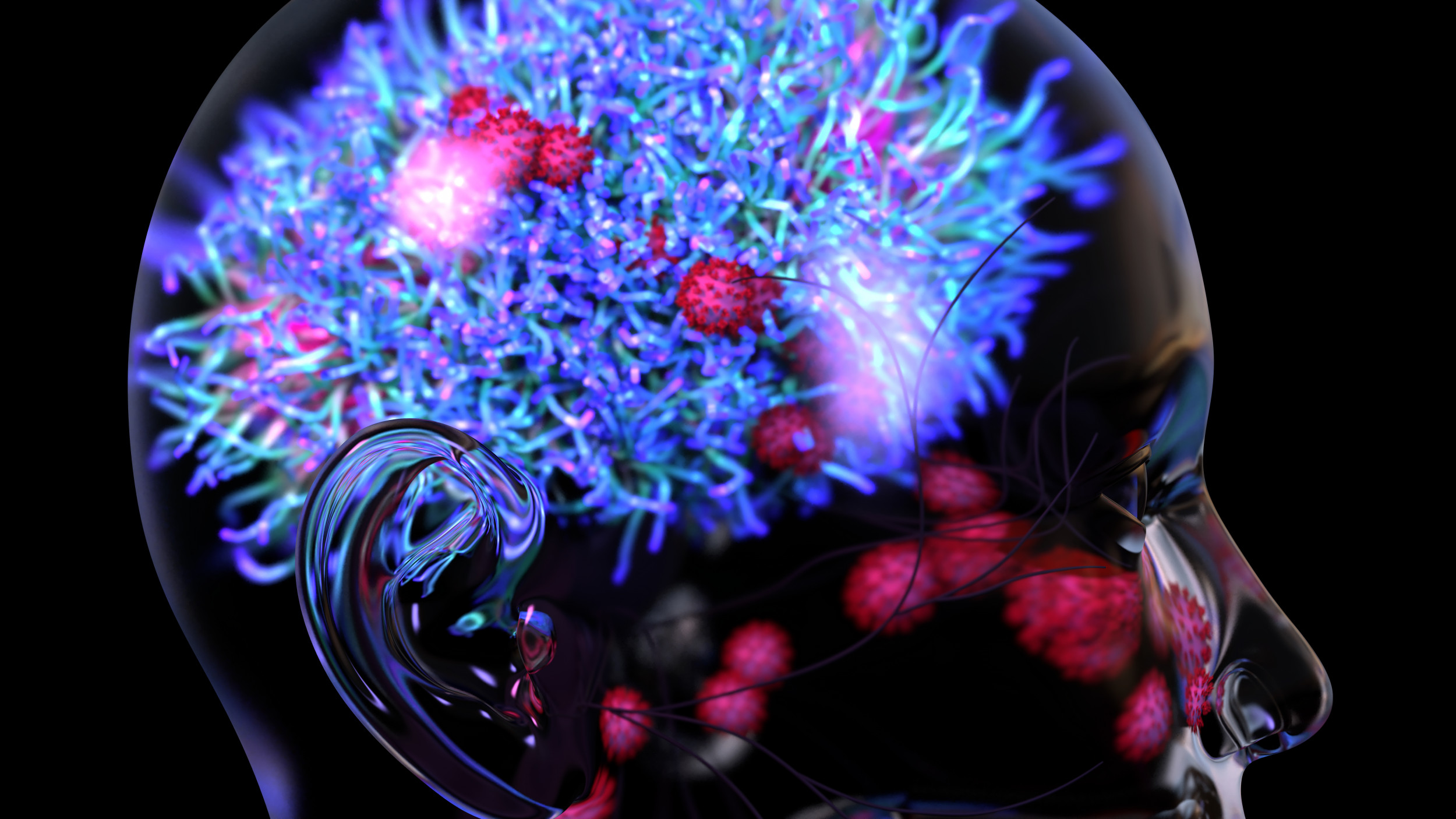
While levels of the virus located in the lungs began to diminish after three days of infection, the virus remained at high levels in the brain on the fifth and sixth days, when the course of the disease became more severe.
However, while multiple studies have suggested that mice brains are susceptible to being infected by the virus, research has not produced conclusive evidence to support the notion that the virus infects and concentrates in human brains.
Francis Collins last week detailed a recent study conducted by the National Institute of Neurological Disorders and Stroke that found brain damage in tissue samples from 19 people who had died from COVID-19 but no evidence that the virus had infected the brain tissue itself.
"The findings are especially intriguing because there has been some suggestion based on studies in mice that SARS-CoV-2 might cross the blood-brain barrier and invade the brain," Collins wrote, before noting that another study, published in the Journal of Experimental Medicine, had found evidence of the virus in the brains of three people who died from COVID-19 complications.